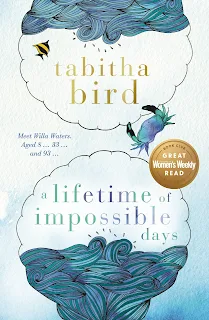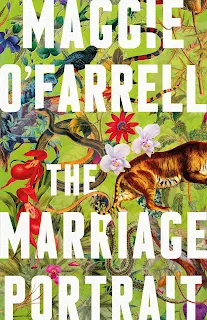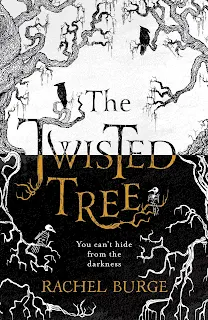Amaze-a-loo! A Lifetime of Impossible Days by Tabitha Bird is my second novel from this talented Australian author, but it was published two years before The Emporium of Imagination rocked my world and made it straight onto my Top 5 Books of 2021 list. I was keen to pick up her debut and with a matching signed bookmark in hand, I began reading with high expectations.
In A Lifetime of Impossible Days, Willa Waters is our main character and we meet her at age 8 (Super Gumboots Willa), age 33 (Middle Willa) and age 93 (Silver Willa). Thanks to a mysterious box with strange instructions, Willa is able to visit her future selves, and her future selves can also visit with her. At one point in Willa's life there's a tragedy and the three Willas need to work together in order to stop it from happening.
Once again, Tabitha Bird's writing is immersive and young Willa was such a likeable character you could even say she was amaze-a-loo! (One of her favourite sayings).
Willa's Grammy is a warm, wise, loving and memorable character and the midnight tea parties sounded magical and wondrous. The author is able to tap into family love and emotion in such a raw and moving way, I was spellbound.
" 'Oh, don't worry dear. I have that problem, too.' I want to say things that are blankets around this little girl's shoulders." Page 208For those worried about getting lost in the perspectives of each of the Willas, the author has thoughtfully named each chapter, constantly reminding the reader of who we are 'with' so to speak. Having said that, by the end of the novel I did find the time travel aspect a little timey-wimey and wasn't able to keep up with all of the mechanics. Thankfully it didn't hamper my ability to follow the overarching narrative, but it did interrupt my thoughts while reading, costing it one star in my review.
A Lifetime of Impossible Days by Tabitha Bird is an exploration of memory, time, ageing, trauma, abuse, grief and ultimately the power of love. It's also about changing the future and dealing with the past with many life lessons in between.
Here, Grammy gives Willa some advice on regret.
"'Regret is expensive in ways you can't imagine.' My voice is choked. 'What if remembering also costs too much?' Grammy [says] 'Ah, Willa. That's always the question when we're faced with a challenge. What will it all cost? Remembering your past and dealing with it will no doubt be expensive. But I'm telling you, forgetting costs more.' There's such a deepness in Grammy's eyes, a loss or hurt from so long ago that it seems outside of time itself." Page 163Make sure to have some jam drops nearby when reading this uniquely Australian magical realism novel that is bound to warm your heart.





































